Visitation Policy
St. Francis Medical Center is responsible for providing a supportive, protective and healing environment for all patients. Appropriate visitation plays an important role in the patient experience on the healing process.
Patient Visitation Guidelines
- Visiting hours are 8 a.m. - 9 p.m. daily.
- Visitors must present a valid ID for the check-in process and will receive a personalized name tag that must be worn for the duration of their visit.
- Visitors must be 12 years of age or older. For anyone under the age of 12 years old to visit a patient, there must be a physician’s order, or the patient must be at end of life. See additional exceptions below.
- One visitor will be allowed to stay with a patient overnight, if needed. This visitor must be in the patient’s room before 9 p.m.
- Outside clergy are allowed to visit with patients at any time and do not count toward the daily visitor limit.
We strongly recommend people who have chronic conditions such as diabetes, lung or heart disease or are older than 70 do not visit patients in our facilities for their own protection.
Exceptions to the Visitor Policy:
- Intensive Care Unit - Two visitors will be allowed per day between the hours of 10 a.m. - 6 p.m. and 8 - 9 p.m. Visitors will be allowed at the bedside and are able to switch out.
- Neonatal Intensive Care Unit (NICU) - Visitation is allowed for those 18 years of age or older. The NICU is closed to visitors during these timeframes: 6 – 9 a.m. and 6-9 p.m.
- OB/Labor & Delivery - Siblings of newborns or children of antepartum moms with extended stays, regardless of age, will be allowed to visit from 8 a.m. - 9 p.m.
- Pediatrics (<18 years old)/PICU - Two parents/caregivers will be allowed to stay with the child throughout their stay. Siblings under 12 yrs of age may visit if accompanied by a parent or guardian, provided they are in good health. The parent or guardian must supervise the child/children at all times, ensuring they follow hospital safety protocols.
- Pre-Admit Surgery Clinic Appointments - Patient may have one adult accompany them to their appointment ONLY if assistance is needed.
- Surgery and Procedures (day of surgery) - Patients undergoing surgery or procedures may have three visitors prior to and after return from surgery and then adhere to visiting hours listed above. No more than two visitors at one time.
- Emergency Department - Two visitors are allowed at bedside during a patient’s emergency department stay (visitors are allowed to switch out). For pediatric patients in the ER, two parents/caregivers are allowed to stay with the patient while in the ER.
Masks
- Masking is optional for visitors and patients in non-COVID areas at this time.
- Visitors of COVID-19 positive patients are required to wear masks and appropriate personal protective equipment.
- Patients who are immunocompromised or seeking care for respiratory illness are encouraged to wear a mask throughout our facilities.
Connecting Virtually
We understand and recognize how important the support of family and loved ones are to our patients while we care for them. We encourage our patients to visit virtually with their loved ones through cell phones so they can still be connected and feel supported during their time with us. We have iPads in the hospital to help facilitate virtual communication between patients and their loved ones who may be unable to visit at this time.
Condition H (Help) - Call 1111
We believe in delivering the safest care possible. Open communication with the nurse and care team is the key to ensure we are aware of the patient's needs. A family member may notice a change in the patient's condition before the nurse, doctor or other provider does. The change may be subtle and noticeable only to someone who is close to that person. Calling a Condition H is like calling 911 when in the hospital. The team responding includes a nurse, respiratory therapist and, if needed, a doctor. Other providers who care for you during your stay, such as the care coordinator, social worker and chaplain, are also available. Your nurse can contact them for you.
When to Call a Condition H
If you notice a sudden medical change in the patient's condition including difficulty breathing, a sudden onset of confusion, or he/she is becoming less responsive. If you have serious concerns about how the patient's care is being planned or managed and you are not getting the response you need from your care team. For more information about Condition H, talk to your nurse. Thank you for being our partner in care.

